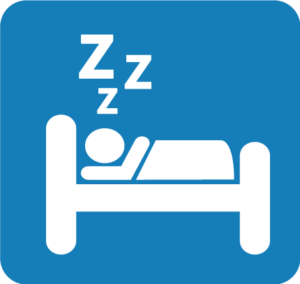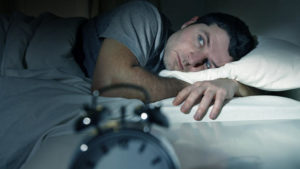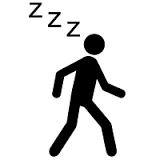As a professional sleep consultant, Robert Lindeman has completed extensive research about a variety of different sleep disorders over the years.
An estimated 50 to 70 million adults suffer from a chronic disorder of sleep in America alone. This leads to hindering the daily functions of the body, thereby affecting one’s health and long life adversely. The collective effects of sleep deficiency and disorders have been connected with a varied range of harmful health consequences. These include increased hypertension, obesity, diabetes, depression, heart attacks, and stroke.
There are however a great many books written on sleep disorders that would help the reader know and understand its complications and even overcome the disorder. Here are a few good books about sleep disorders recommended by Robert Lindeman:
- Overcoming Insomnia and Sleep Problems by Colin A. Espie
This book provides all the help one needs to conquer sleep difficulties and begin to live life fully. Lack of sleep is a common health problem that can make you feel exhausted, strained and shabby. Prescribed medications or over-the-counter medicines seldom offer lasting solutions. However, Robert Lindeman has found that Cognitive Behavioral Therapy immensely helps in the treatment for insomnia. This helps to develop worthy routines before bedtime, which in turn develops effective relaxation methods leading to a fresh pattern of sleeping and wakefulness.
- End the Insomnia Struggle: A Step-by-Step Guide to Help You Get to Sleep and Stay Asleep by Colleen Ehrnstrom and Alisha L. Brosse
How can you end the cycle of persistent worries and sleepless nights? ‘End the Insomnia Struggle’ offers a complete, medication-free package meant for anyone who wants to fight insomnia. The best part is it is individually adapted to suit one’s needs in the same way Robert Lindeman works with each unique client. By incorporating the function of sleep, and the actual approaches from CBT and ACT, this useful book gives a step-by-step direction to develop your own action plan as per your individual fight against insomnia. This book will help you with everything you need to get rid of relentless thoughts, and pressures of insomnia. Using these proven approaches and easy-to-use trappings, you will succeed in your fight against sleeplessness and wake up afresh and ready to take on the world.
- The Good Sleep Guide by Sammy Margo
If you are tossing and turning at night, don’t lose your sleep over it, this is the book for you! Virtually a quarter of the population in the UK too, experience sleeping problems. If you too have similar problems and wake fatigued, “The Good Sleep Guide” is your answer. Written by the ever popular physiotherapist Sammy Margo, this handbook is vital for you to appreciate the significance of the right environment and to appear younger and more energized. It will help you bid adieu to sleep disorders like insomnia. It provides advice on the best mattress, what position to sleep in, the significance of a routine and what you need to do about it.



